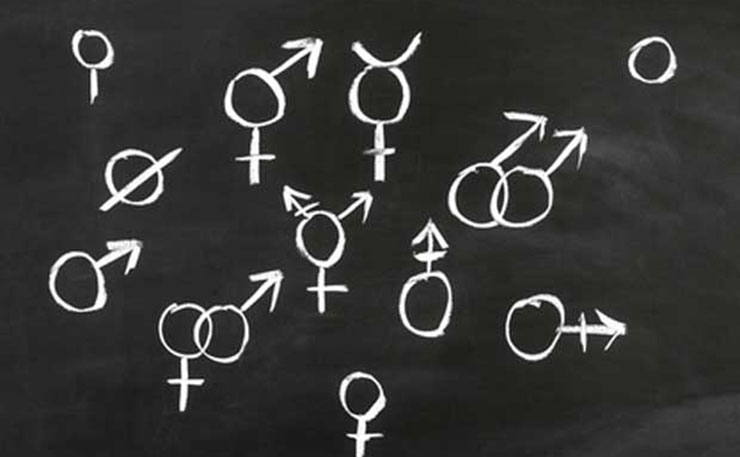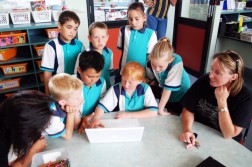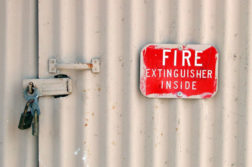A survey of Australian universities has found mixed levels of anti-discrimination policy are in place and that only one in five campuses has kept pace with Federal protections for Lesbian, Gay, Bisexual, Transgender, and Intersex (LGBTI) people.
The Australian LGBTI University Guide, launched last night, assesses and compares universities across the country by examining welfare policies, social programs, and anti-discrimination rules they have to assist LGBTI students.
Justin Koonin, convenor or the Gay and Lesbian Rights Lobby, said universities have made progress in recent years, but that the majority have fallen behind federal standards.
“I think they’re just slow, they just don’t realise the law has changed,” Koonin said.
“The responses by universities are very mixed. Some of them are doing very well, some of them, not surprisingly, are doing very badly.
“As a whole the universities are probably slightly behind where the UK is – even the best universities are behind.”
In 2013 Australia’s sex discrimination laws were updated to extend protections to people with diverse sexual orientation and gender identity, and people who are intersex.
Koonin said a group of about six or seven universities were doing better than the rest, pointing to Curtin, La Trobe, Queensland University of Technology, University of Queensland, University of Sydney, and the UNSW as examples.
Curtin, for example, has an ‘engineering ally’ program which pairs students with LGBTI friendly workplaces, while the University of Queensland has a scholarship for LGBTI students.
A number of campuses have installed gender neutral toilets.
The university guide – which was put together by a number of LGBTI organisations – does not explicitly rank universities, but reveals a general failing across the board in certain areas, including assistance and protections for intersex and transgender students.
Koonin said this reflected a broader society-wide trend, and that there was generally less awareness of the distinct issues faced by transgender and intersex people.
Anti-discrimination and awareness training for staff was also poor across the board, with only one out of three universities requiring mandatory training.
Koonin said having such procedures made everyday differences for LGBTI students.
“It’s often the little things. It means they’re not alone. It might mean a staff member has an ally sticker because they show support. It might mean that if someone makes a homophobic comment there is someone else to stand up for them.”
The guide was designed to help prospective students evaluate which campuses would be safest and most accommodating for them.
Human Rights Commissioner Tim Wilson, who hosted the launch event last night, reiterated Koonin’s comments, and said universities were not doing as much for transgender and intersex students.
“Ensuring university is a safe and inclusive environment is extremely important for LGBTI students who have often spent years in secondary school fearful of acceptance from their family and peers if they ‘come out’,” he said in a statement.
“University is often the first place that LGBTI students feel they can be themselves.”
Donate To New Matilda
New Matilda is a small, independent media outlet. We survive through reader contributions, and never losing a lawsuit. If you got something from this article, giving something back helps us to continue speaking truth to power. Every little bit counts.




